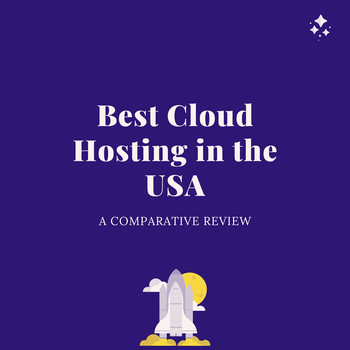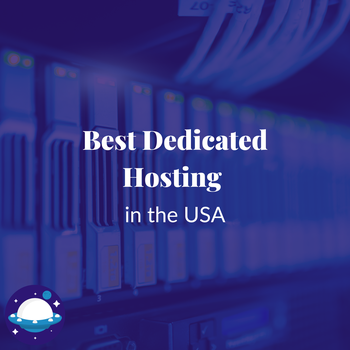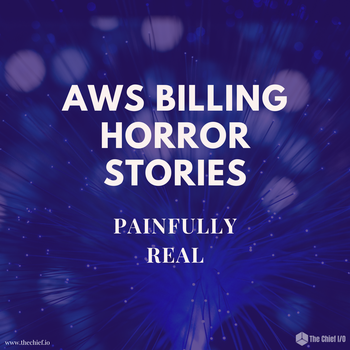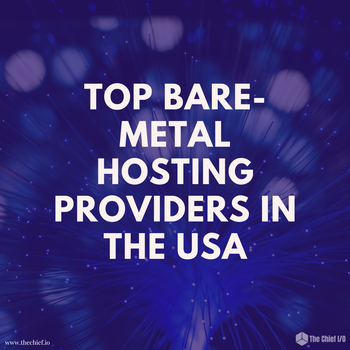4 Challenges of Kubernetes Log Processing
in DevOps , Kubernetes , Containerization

Kubernetes is an open-source project by Google that’s been around since 2014. It’s a portable, open-source platform built for managing containerized workloads and services. It was created with automation in mind, and it’s also known for its extensive support tools.
Since it’s an introduction, Kubernetes has become one of the most popular ways to create a scalable platform. Development projects today need to be created with tomorrow in mind. What’s normal today will likely be obsolete in as soon as a few months, so we need new ways to keep moving forward.
Because kubernetes is container-centric, it’s flexible and easy to build complex stacks. However, one of the main prospects of container technology is running these containers on a serverless infrastructure or cloud infrastructure. When Kubernetes is serverless, log collection becomes more complex.
The logs on a single node will increase because there’s a larger number of pods running on a node with the potential for a metric collection requirement. Similarly, various pod types running on a single node become diversified which calls for management of diversified logs. Let’s talk further about the most common trends and challenges of kubernetes log processing.
1. Namespace Logging
When workloads run in shared worker VMs, those from different projects are divided by namespaces. Because different projects might have their own unique logging preferences, there needs to be a new way to configure these without compromising on security.
One option is to use Kubernetes CRD (Custom Resource Definition). This is done using the kubectl command which you can find outlined in the kubectl cheatsheet. Then, role-based access control (RBAC) can be applied to this resource to protect security measures. You might also be familiar with this process in PKS as a sink resource, though this name is still catching on in the world of Kubernetes.
2. Support Logging Service Level Agreement (SLA)
There’s only one pod per Kubernetes worker node, and if this pod is rescheduled, it has an effect on all of the other Pods in the worker node. This presents a challenge. Each node can run up to 100 pods, so you need to find a way to make sure your log agency can collect logs from all of these pods.
This frequently creates a noisy environment. One error might lead to more errors in the same worker node. This is why it’s essential for you to have a fast disk and to work on back-pressure issues diligently to avoid unwanted problems.
3. Layered Logging
We have logs for pods, K8s, and platforms. There are often add-ons for every standard workload logs. Different logs come with different characteristics and their own priorities. There are so many layers to this container system that it’s hard to handle all of them when they’re logged together.
Unfortunately, there’s still no clear solution for handling these different layers. These different characteristics are still compounding, and we still need a security solution that addresses the root cause.
4. Collecting All Critical Logs
Finally, pods are likely to be deleted or recreated quickly if something is wrong. The log file will likely go as well in this situation. Failing to collect all the critical logs when something goes wrong will slow down your ability to solve the problem. This is a challenge that still needs to be solved by the Kubernetes community as a whole, but that doesn’t mean there aren’t ways around it.
While you might use Heroku logs by Loggly for Heroku, for Kubernetes you can use a log agent like Fluentd. This agent succeeds around this problem because it scans new folders or log patterns at a regular interval (like every 60 seconds) to capture even short-lived pods. You can even lower this to a 1-second interval to create a higher performance.
The Future of Kubernetes
Kubernetes has come a long way, but it also has a long way to go. As you can see from the challenges above, there are some logging issues that still need to be worked out. However, the Kubernetes community is active and utilizing DevOps to come to fast solutions.
Is Kubernetes right for your project? What are your biggest challenges?
Get similar stories in your inbox weekly, for free
Share this story:

Totalcloud
TotalCloud is a platform that is evolving the way the cloud is managed, by componentizing it. Achieve any cloud management solution or use case - across cloud cost, security, operational efficiency & complex custom solutions, with no-code automation. Our intuitive workflow-based platform save 99% of your CloudOps time.
Latest stories
Best Cloud Hosting in the USA
This article explores five notable cloud hosting offers in the USA in a detailed way.
Best Dedicated Hosting in the USA
In this article, we explore 5 of the best dedicated hosting providers in the USA: …
The best tools for bare metal automation that people actually use
Bare metal automation turns slow, error-prone server installs into repeatable, API-driven workflows by combining provisioning, …
HIPAA and PCI DSS Hosting for SMBs: How to Choose the Right Provider
HIPAA protects patient data; PCI DSS protects payment data. Many small and mid-sized businesses now …
The Rise of GPUOps: Where Infrastructure Meets Thermodynamics
GPUs used to be a line item. Now they're the heartbeat of modern infrastructure.
Top Bare-Metal Hosting Providers in the USA
In a cloud-first world, certain workloads still require full control over hardware. High-performance computing, latency-sensitive …
Top 8 Cloud GPU Providers for AI and Machine Learning
As AI and machine learning workloads grow in complexity and scale, the need for powerful, …
How ManageEngine Applications Manager Can Help Overcome Challenges In Kubernetes Monitoring
We tested ManageEngine Applications Manager to monitor different Kubernetes clusters. This post shares our review …
AIOps with Site24x7: Maximizing Efficiency at an Affordable Cost
In this post we'll dive deep into integrating AIOps in your business suing Site24x7 to …
A Review of Zoho ManageEngine
Zoho Corp., formerly known as AdventNet Inc., has established itself as a major player in …














